Last week, it was World Cleanup Day. In total, 39.324 people took part in the Netherlands, and hundreds of thousands of people around the globe. I also assembled a small team to clean the streets and parks in my neighbourhood in Amsterdam. Within a few hours, we collected 4 big bin bags. Many people praised us and it felt rewarding. However, five days later the streets were littered again. This made me wonder about the effectiveness of these cleanup events and organisations. Do they help or do they harm?
WHO IS RESPONSIBLE FOR PLASTIC LITTER?
The Amsterdam municipality claims if 25% of the Dutch would clean up 1 piece of litter per day, there would be no more litter. There is even a campaign “Elke dag eentje” (one piece every day). This sounds fantastic, but it’s not very realistic. Furthermore, one could argue who is responsible for doing so: civilians or the Fast Moving Consumer Good industry?
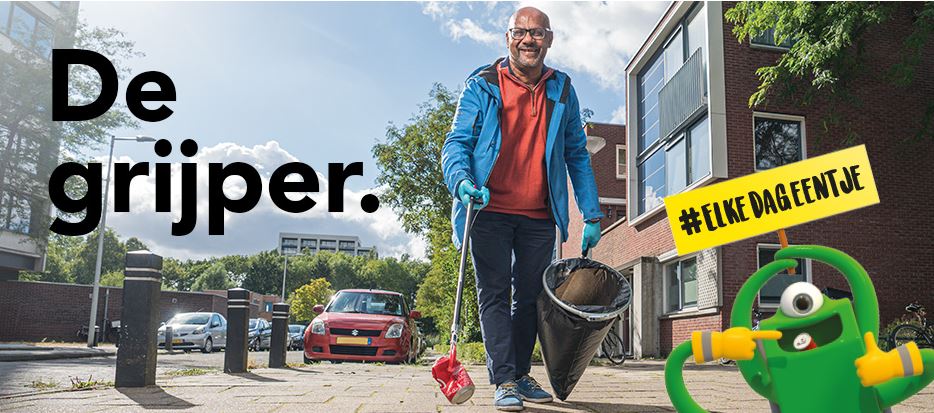
To dive into this topic I did not have do my own research. This month, Tamar Stelling (author at The Correspondent) highlighted several issues around the plastic industry. Since her article“Briljant bedacht: hoe de plasticindustrie het idee verkoopt dat de burger z’n ‘eigen’ plastic op moet ruimen” is in Dutch, we’ll give a brief summary here.
The article frequently quotes Rob Buurman, director of Recycling Network Benelux. In his opinion, the (Ddutch) government perpetuates the story of the plastics industry: that the problem with plastic is mainly that citizens leave it lying around. “As long as there is the idea that we should clean up our plastic waste” ourselves “, the government is not thinking about legislation to prevent plastic waste – and it should.”
WHAT ABOUT CLEAN UP ORGANISATIONS?
Rob Buurman feels clean-ups and other end of pipe initiatives legitimize the lack of action of politicians. For example The Ocean Cleanup wants to clean up 40 thousand tons of plastics from our oceans in five years. This may sound like a lot – and it’s better than any organisation has ever done – but it’s only 0.0008 percent of 5,000 million tons of ‘loose’ plastic. Buurman: “The more successful Boyan Slat is in the media, the less it matters what you realize in terms of government policy. Because you have made the problem private, you have placed it with individuals in society, instead of with the government. “
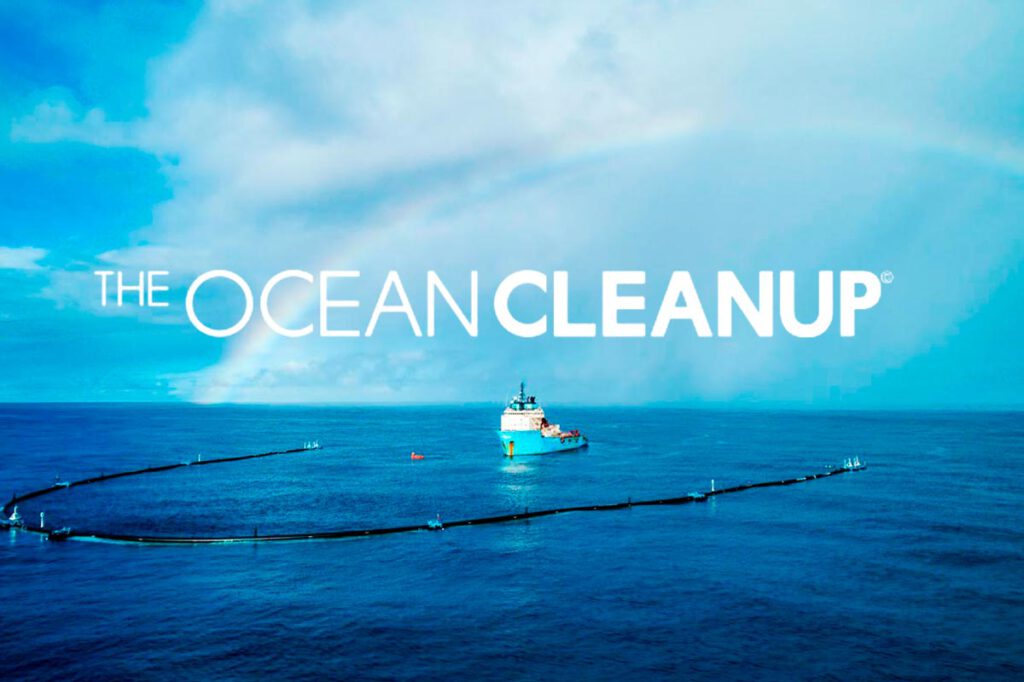
COMPLETE BAN ON DISPOSABLE PLASTICS
So what kind of measurements could politicians take? Soft measures have not been very effective. For example in the Netherlands there is a mandatory price (e.g. €0,05) for plastic bags. Disposable paper bags have not been addressed. And many shops, bakers and greengrocers still sell everything in free disposable bags. Similarly, my cleanup day was not too effective in the end. Tomorrow, new litter will be on the streets.
The article advocates a complete ban or mandatory environmental tax on disposables (which is done in Ireland). It will be easier to enforce. The good news is that a 15 cent deposit system on small plastic bottles will be introduced next year in the Netherlands. Plus a production ban by the EU will apply for disposable plastics such as plastic cutlery, cotton buds, stirrers and straws. Last week our cleanup team found lots of these bastards, which made us wonder: why clean your ears on the streets?
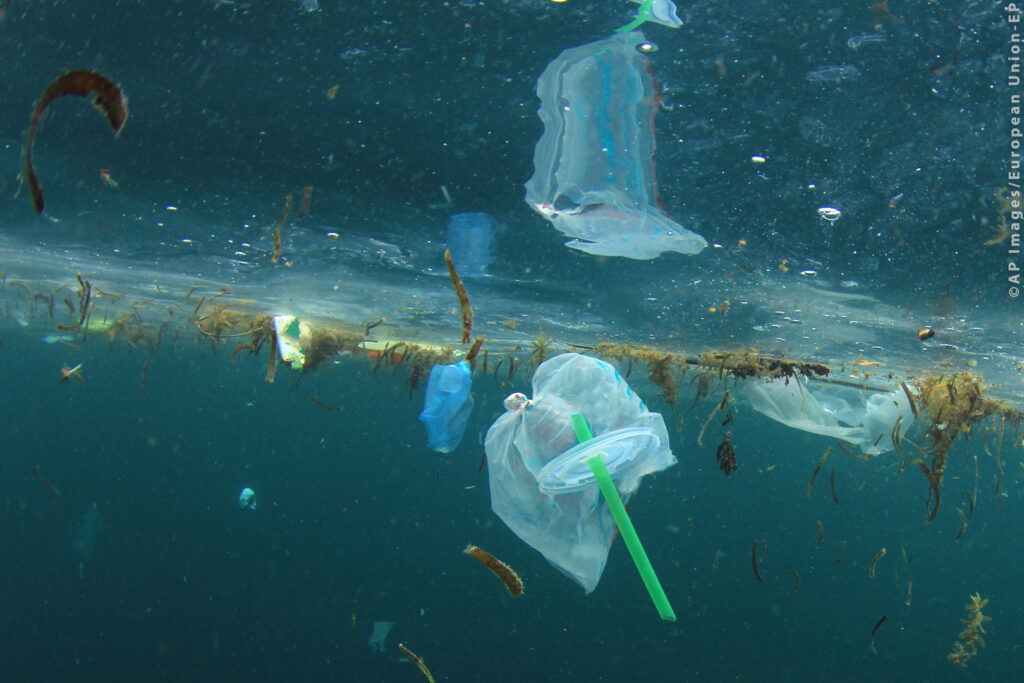
PRODUCERS SHOULD TAKE THE LEAD
Governments are not the only ones to take action. The article suggests producers should take more responsibility, as they can make choices that consumers cannot make. Which products they market, how they design them and how they collect waste, whether or not in collaboration with other companies.
The article also sheds light on the NGO Alliance to End Plastic Waste. Plastic producers and waste processing companies such as Procter & Gamble, Shell, DSM, ExxonMobil or Pepsico aim to put in a billion euros, to be spent on clean-up campaigns, new recycling technology and better waste collection infrastructure. The founding companies behind this self-styled alliance to end plastic waste are among the world’s biggest investors in new plastic productions plants (source: Guardian). For example, ExxonMobil is building a new polyethylene production line in Texas that will soon produce 2.5 million tons of plastic – making it one of the largest plastic factories in the world. Shell is building a plant in Pennsylvania that will make 1.6 million tons of polyethylene per year.
HELPFUL OR HARMFUL? SHARE YOUR OPINION
After reading the full article I had mixed feelings. I still think cleanup campaigns, events and organisations are good, because some litter is collected (and every piece counts!). Cleanup campaigns increase awareness on the huge amount of packaging we use. And even if we were to prevent new plastics from littering, we still need to clean up the mess we already made. However, I also agree with the Tamar Stelling’s article. It would be better if governments and producers invest mainly in prevention. And enforce stricter bans on disposable plastics.
I’m really curious about your opinion. Do cleanup campaigns help or harm? Please post your comment below.
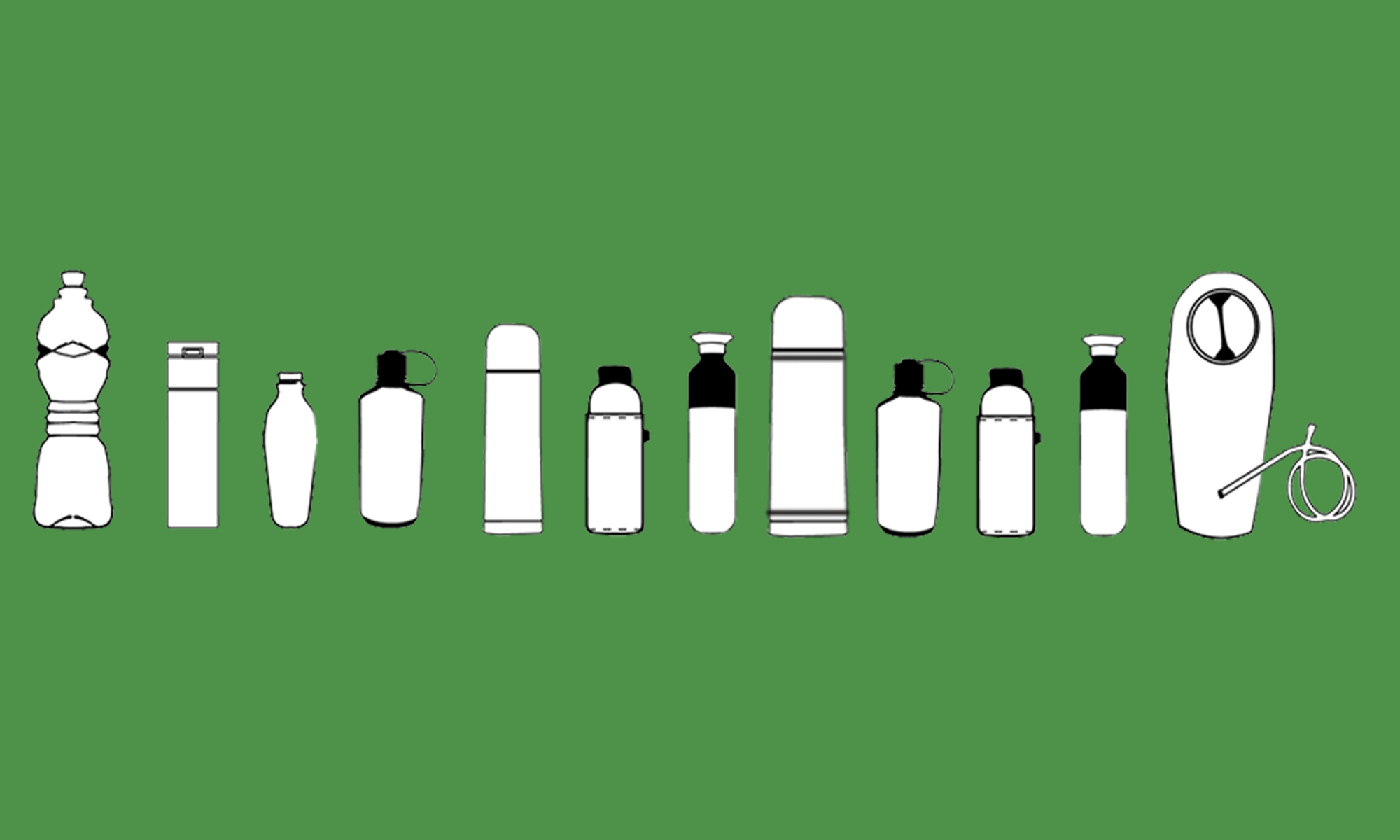
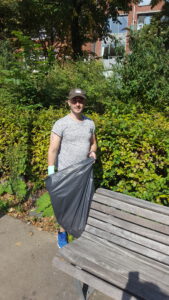
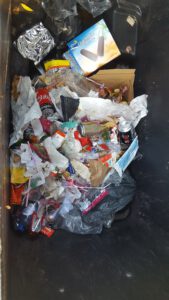
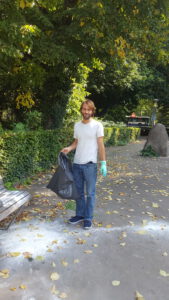
Your article is very compelling. I’m hoping to join or lead a World Cleanup Day event near my home in Rotterdam, NL and came across your article. Since moving to Rotterdam 3 weeks ago I noticed the streets and park near my home are full of garbage. I set a goal for myself to fill one small plastic bag full of garbage a day. So far, this has helped, but the garbage just keeps coming back. I live near a very busy road and next to a two hotels. Even though there are garbage cans every 100 feet people continue to set their food and house hold garbage on the sidewalk, flower pots, street, and door steps. It is infuriating and perplexing. Why do they do this? This type of mentality I just don’t understand. I absolutely believe in legislation to reduce our plastic waste. Individuals and small organizations can only do so much, the government must do more to stop the production of plastic waste. I do agree with you that we should not give up on small clean up events. We must do all we can for our local neighborhoods and communities, but producers of plastic and governments must do more to stop the production of plastic. New innovative plastic replacing products come out everyday, paper straws, stainless steel water bottles, bamboo toothbrushes, reusable shopping bags, compostable garbage bags, etc. I think clean up campaigns do help, because it sparks education and awareness in the community, which then can create a more informed voter that can force environmental change. I do get discouraged about the amount of pollution and garbage the human race creates, but keeping a positive attitude and outlook on the amazing things humans are doing to improve our environment makes me feel better, but we could be doing so much more.
Dear Erin,
Thank you for your beautiful message. We appreciate how you are cleaning up the neighbourhood, too sad it is necessary. You are right about the positive aspects of cleanup campaigns, it inspires and educates. And it makes us more aware of the huge amount of waste and litter.
Next year a deposit on cans will be introduced in the Netherlands. We are looking forward to this day.
Let’s stay in touch, we love ambassadors like you!
Hi Erin!
I myself live in Rotterdam and have been toying with the idea of organizing a community clean-up. I feel the same frustration as you do! I think it would be so lovely to get in touch to discuss our thoughts and perhaps join forces and make something happen! You can reach out to me via Instagram if you’d like: tascha_s